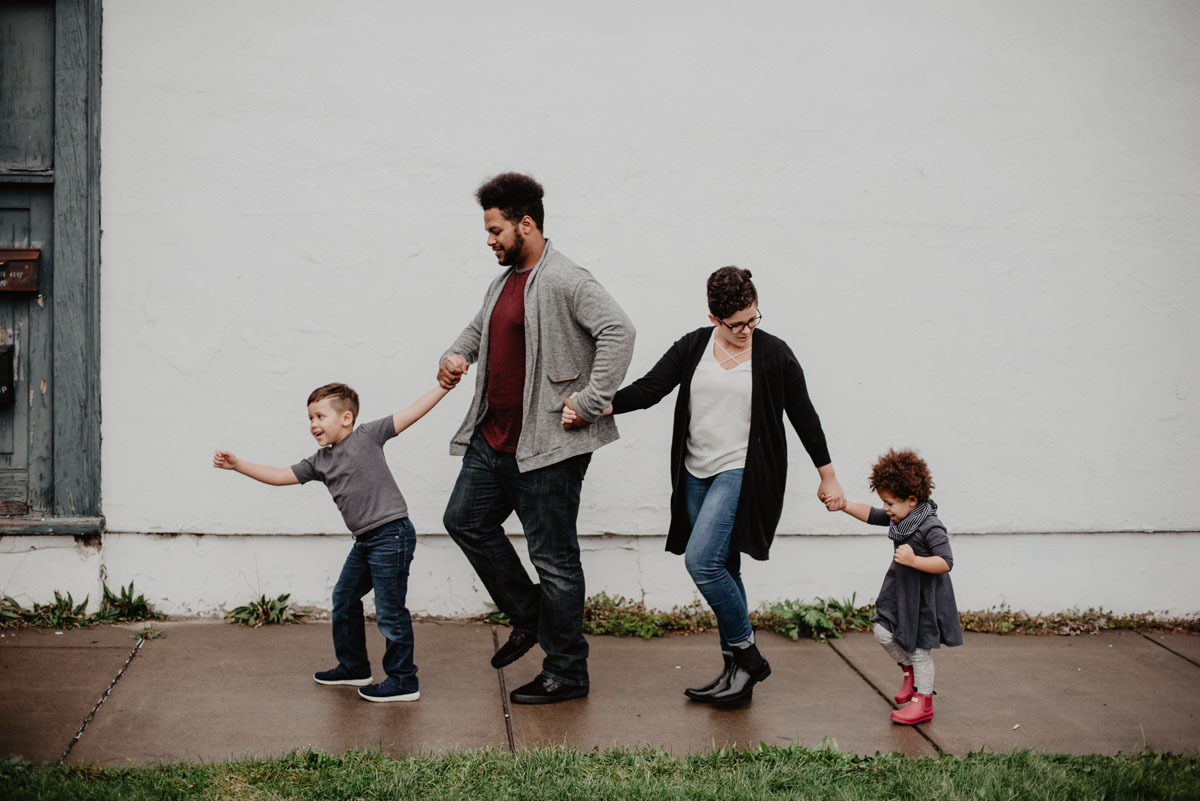Helping your Highly Sensitive Child Thrive

As first researched by Dr Elaine Aron, some of the characteristics of highly sensitive children are:
Complaining about scratchy clothing or labels against the skin
Noticing the slightest unusual odor
Difficulty with big changes
Asking lots of questions
Preferring quiet play
Being sensitive to pain
Considering safety before climbing high
Being bothered by noisy places
Performing best when strangers aren’t present
Startling easily
Asking deep, thought-provoking questions
If you have a highly sensitive child (HSC), the most important thing is to accept your child. Parents understandably worry when their son or daughter is different than other kids. However, trying to “fix” or change your child won’t work. More importantly, he will sense that you don’t like some aspect of his character. This will negatively affect his self-esteem, and your connection will be damaged. All children need love and acceptance. Acceptance means speaking positively about your child’s sensitivity. Spend time with her, and value her interests. If she mentions a weakness, talk about it, but also bring up her strengths. Show respect for her feelings, opinions, and decisions. Don’t tease her. Don’t compare her to her siblings, or other kids. Love your sensitive child unconditionally, and encourage him to engage in activities that he likes. The world can be cruel, but your child’s home should be a safe haven.
For highly sensitive boys in particular, they are up against Western society’s negative attitude towards sensitivity. Boys are often admonished for crying. They are often taught from an early age to “act tough” and repress their emotions. Boys (and men) can only express anger in our culture. Of course, all boys experience every single human emotion. However, boys are socialized to view the full range of emotions as feminine and emasculating. Many children, especially highly sensitive boys, won’t reach out for help if they are being bullied. It’s crucial to create a safe atmosphere for children at home and at school. I can’t emphasize enough how important acceptance by a loving parent truly is.
Sometimes children may experience upsetting symptoms, beyond being a highly sensitive child. How do you know if your HSC child is experiencing depression or anxiety? Here are some signs to look for:
Is your child complaining about physical problems, such as excessive stomachaches and headaches?
Does your child have trouble falling or staying asleep? Does she have frequent nightmares?
Is your child disconnecting from people and isolating herself in her room? (Teenagers tend to do this, however they will connect with their friends).
Is your child having difficulty concentrating in school? Have her grades dramatically changed?
Does your child seem uncharacteristically disinterested in her life? Does she seem depressed, nervous, or very emotionally explosive?
Does your child talk about death or suicide?
If your child has any of these symptoms, talk to him or her. Please contact a licensed professional counselor or therapist to get help.
